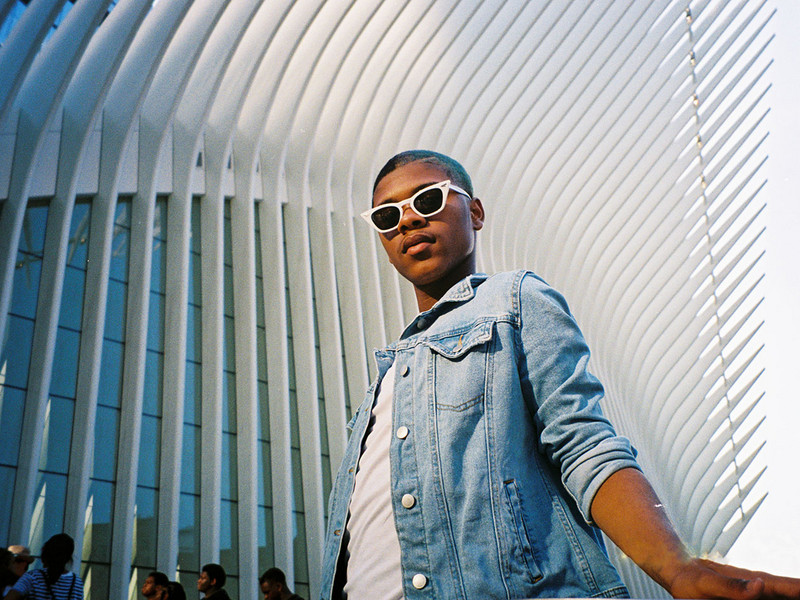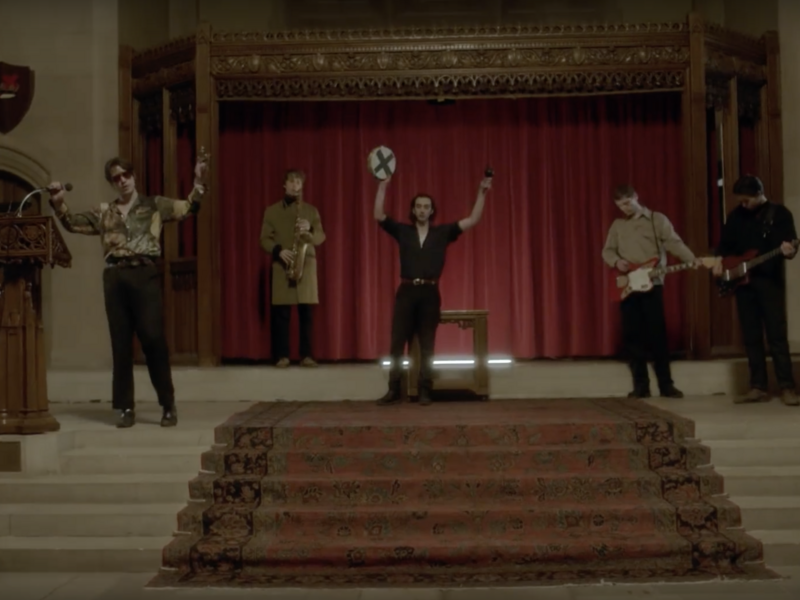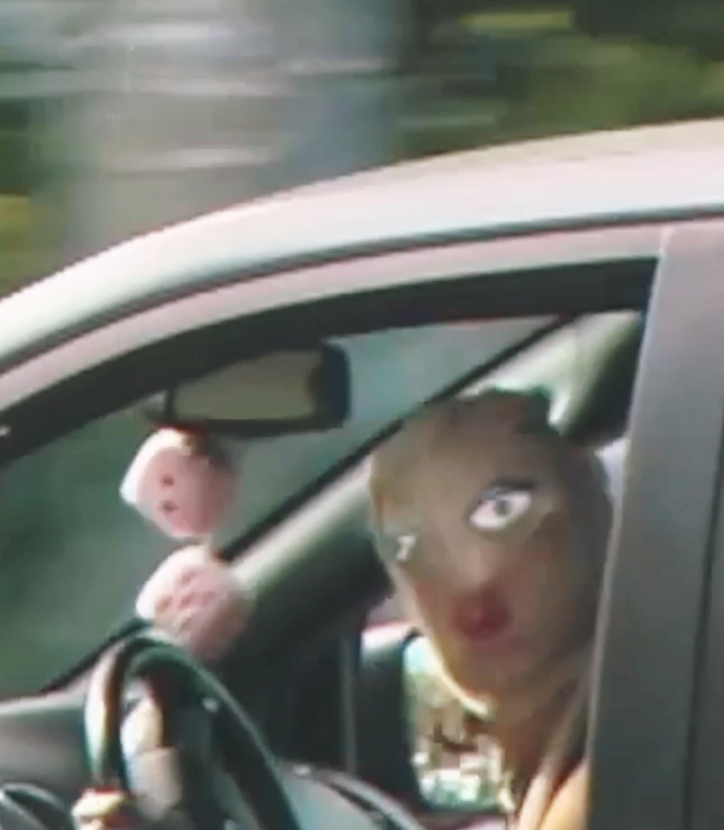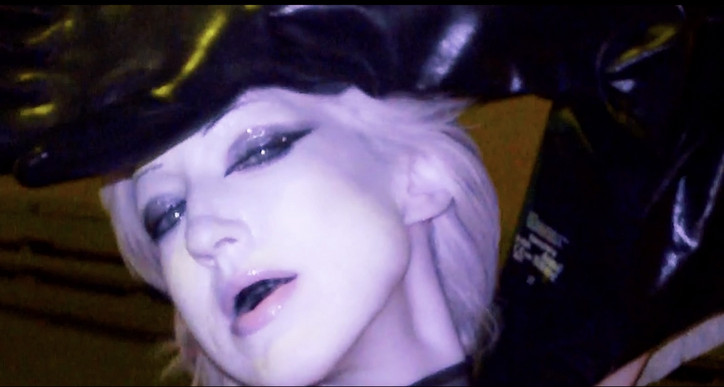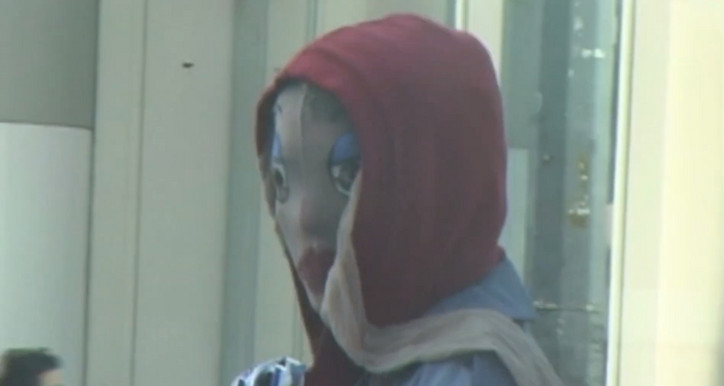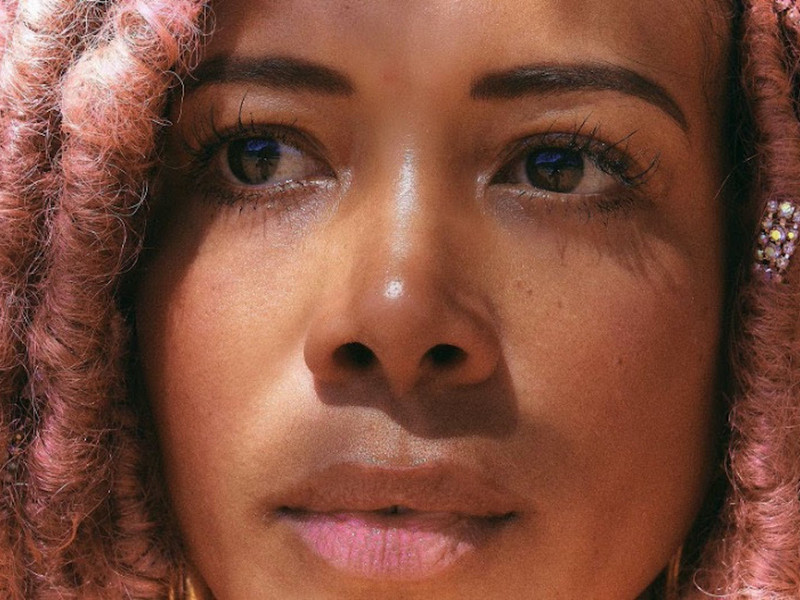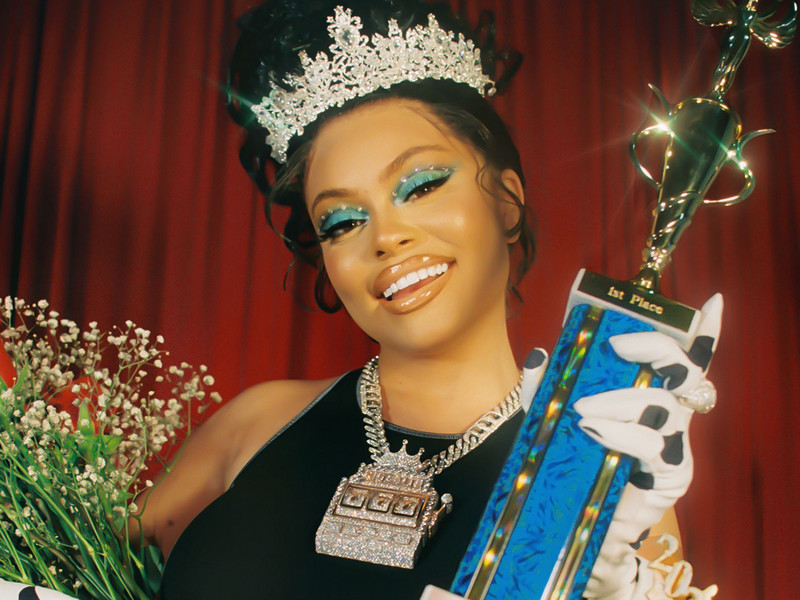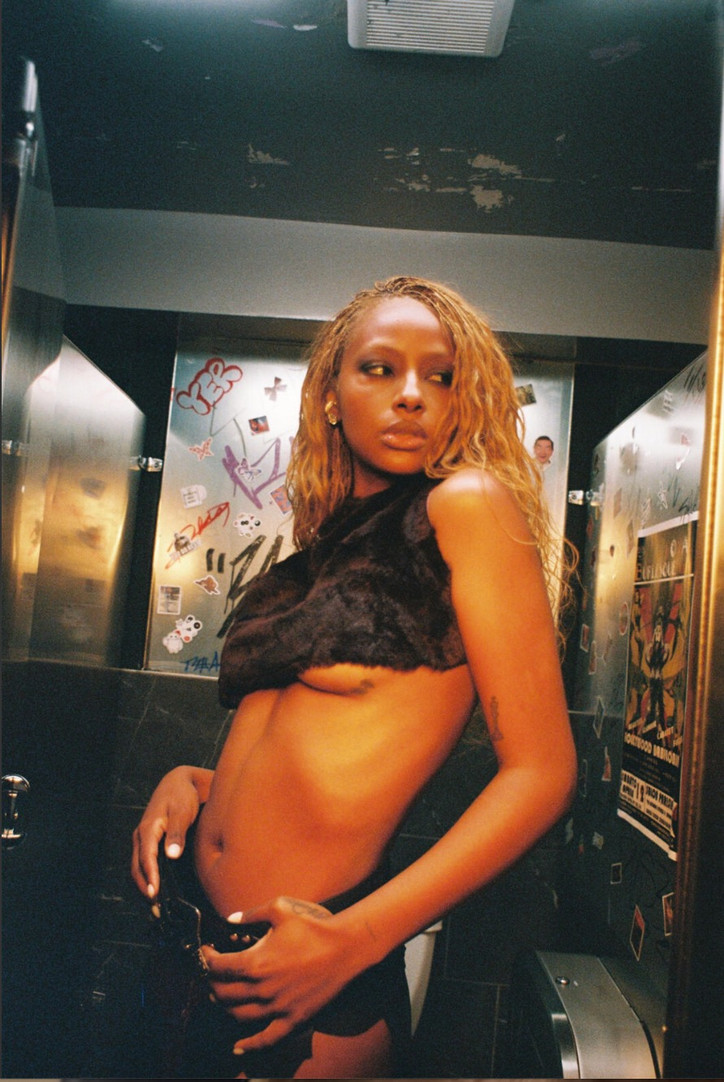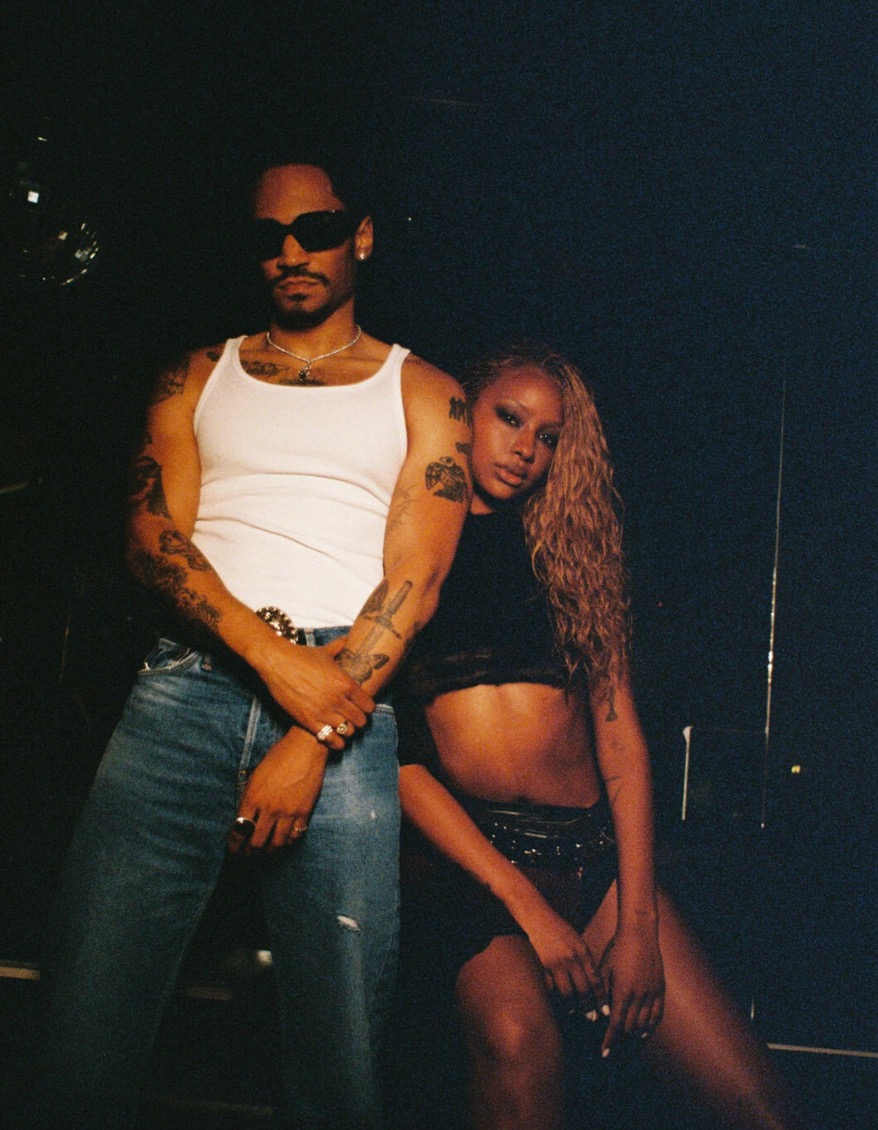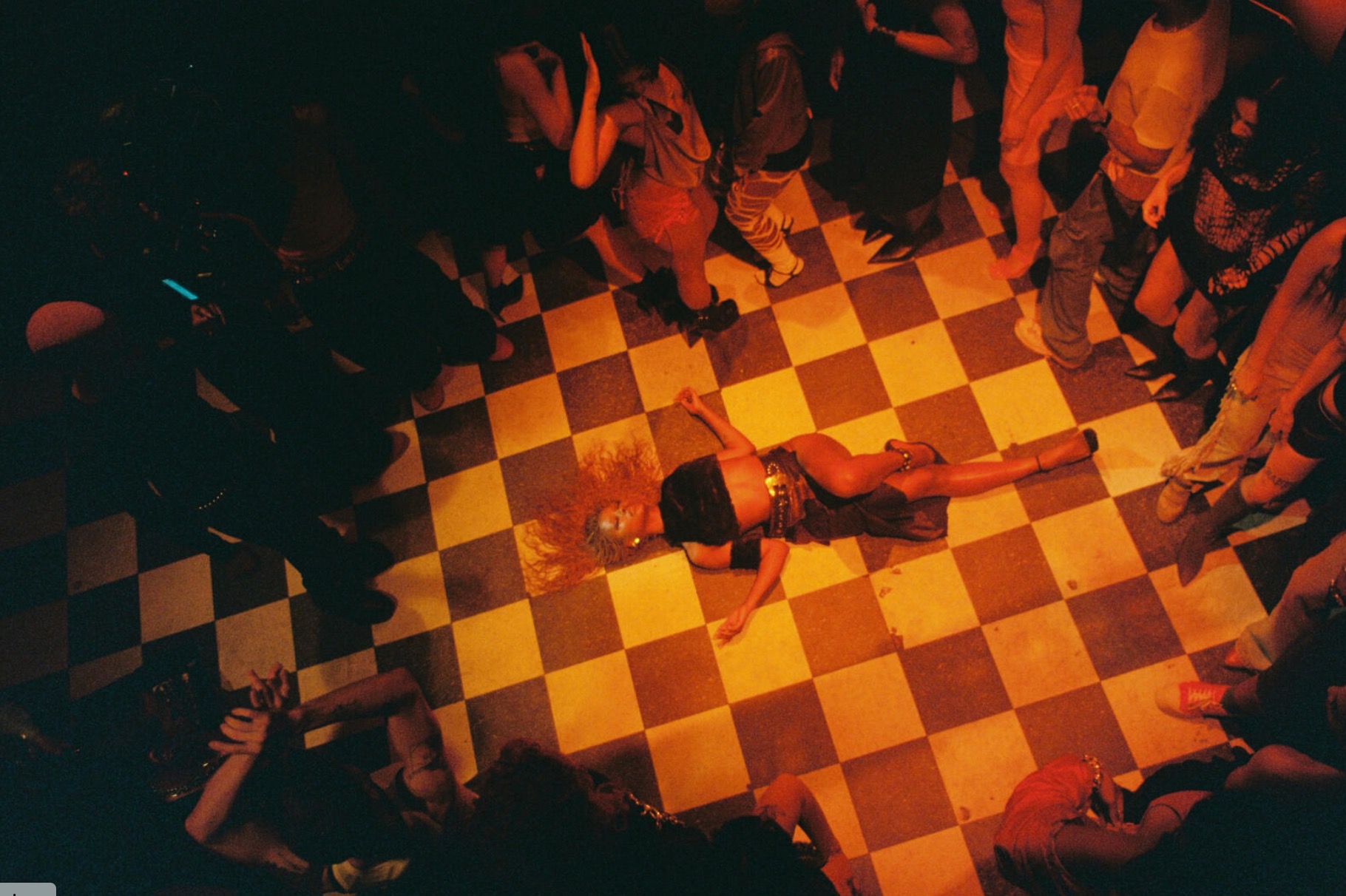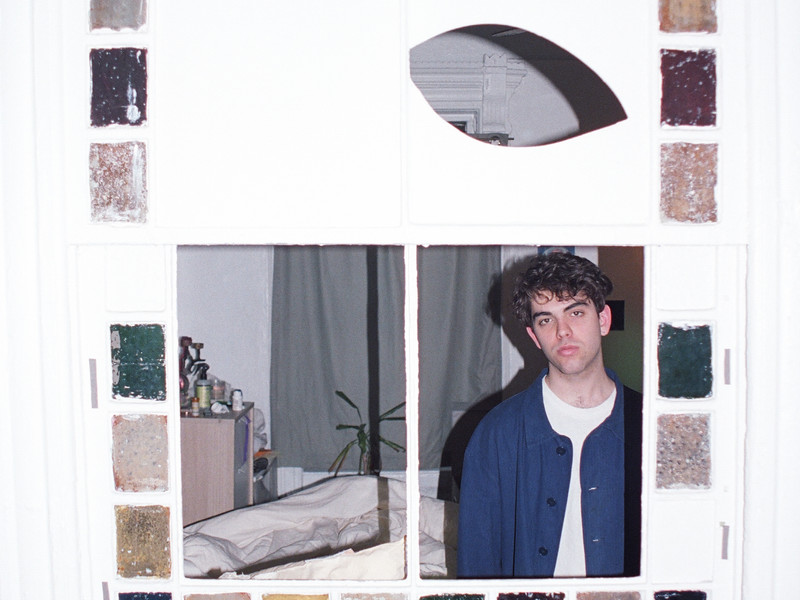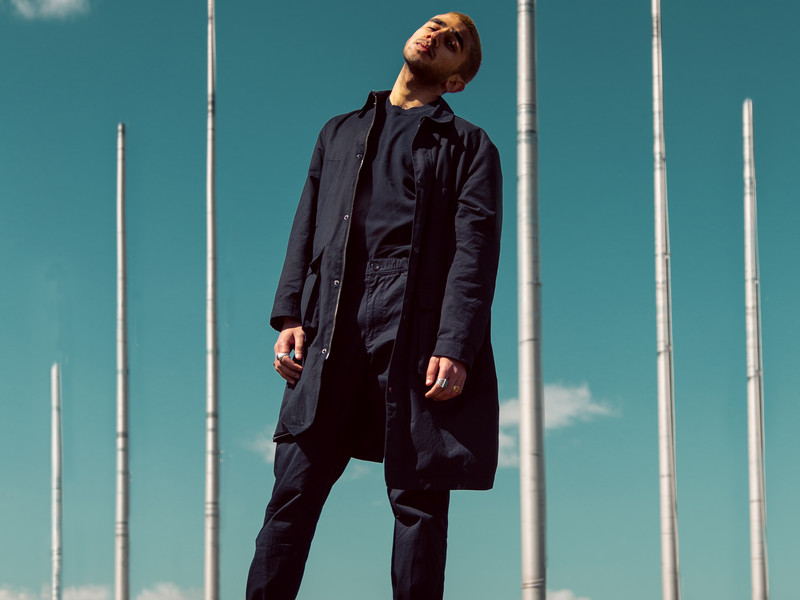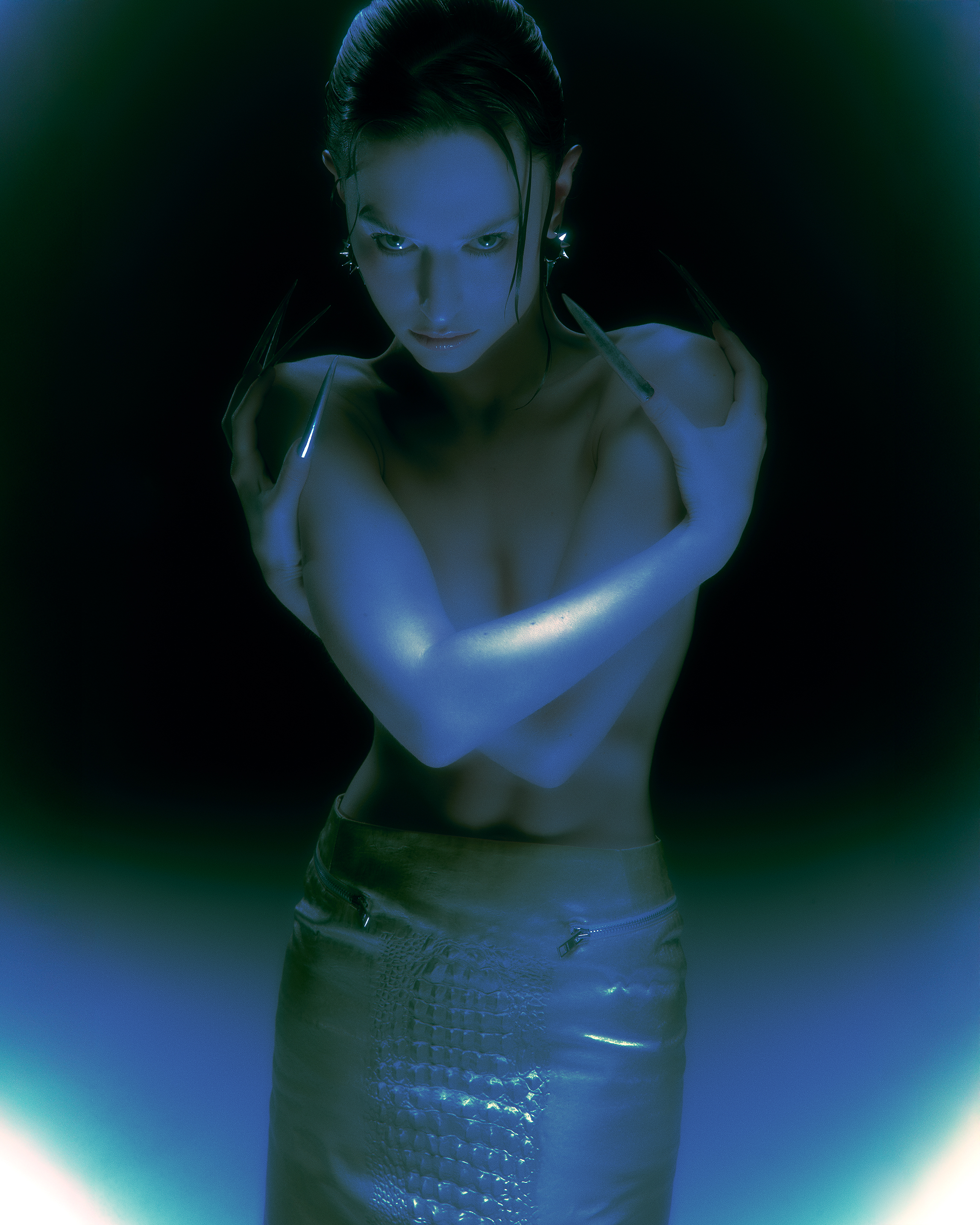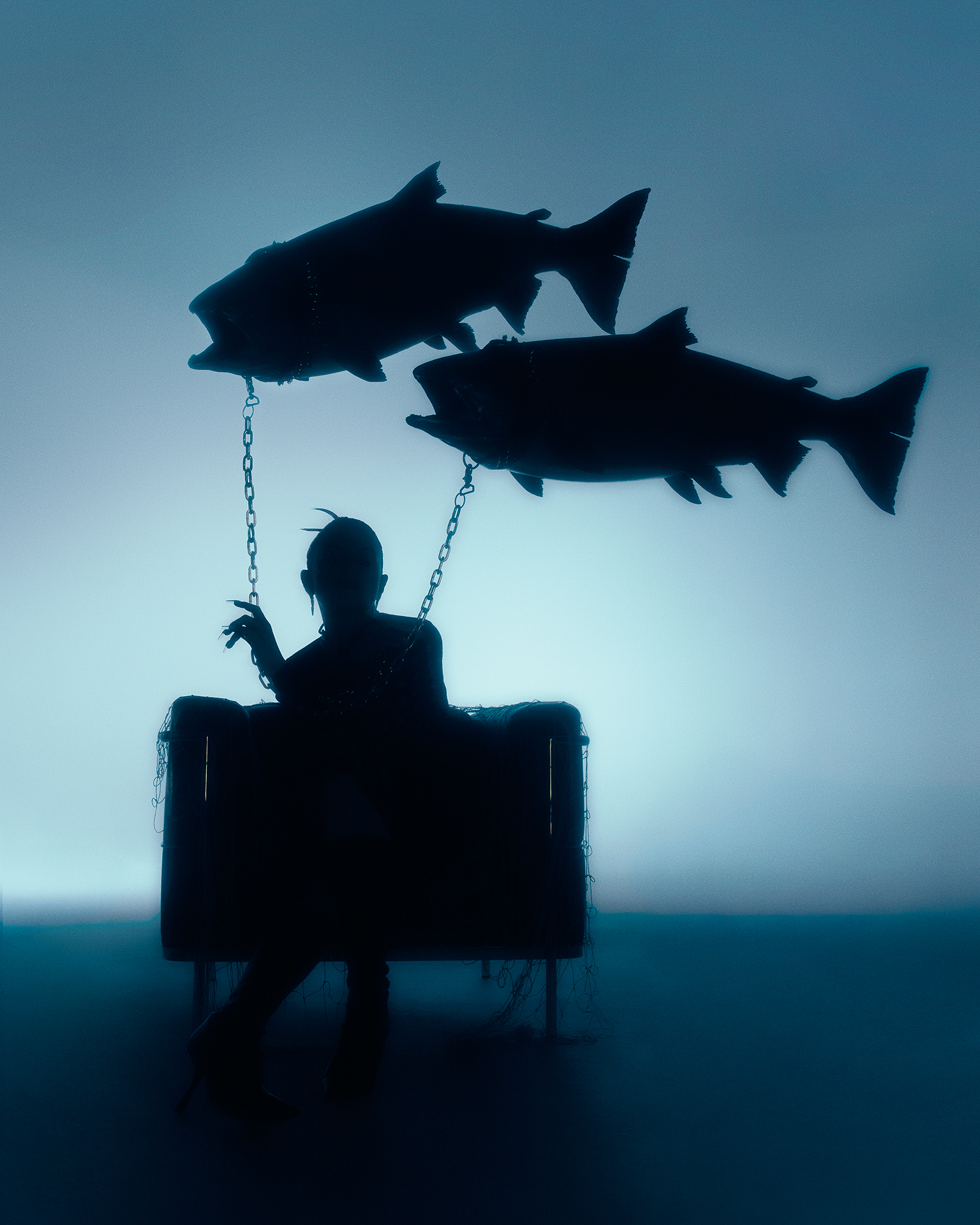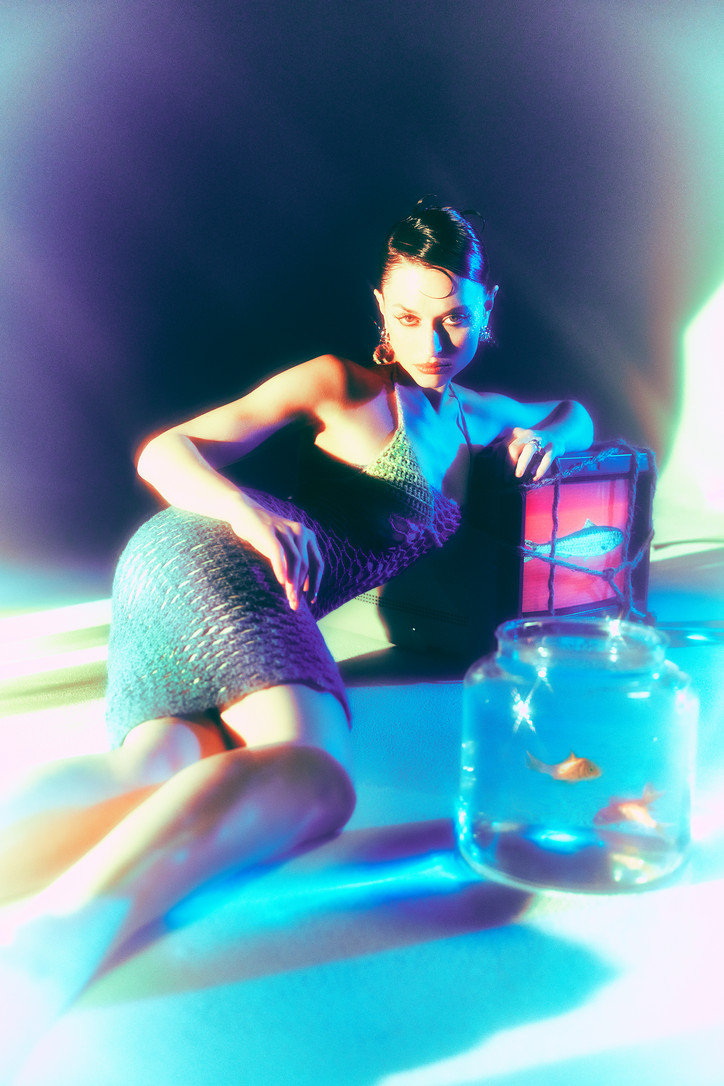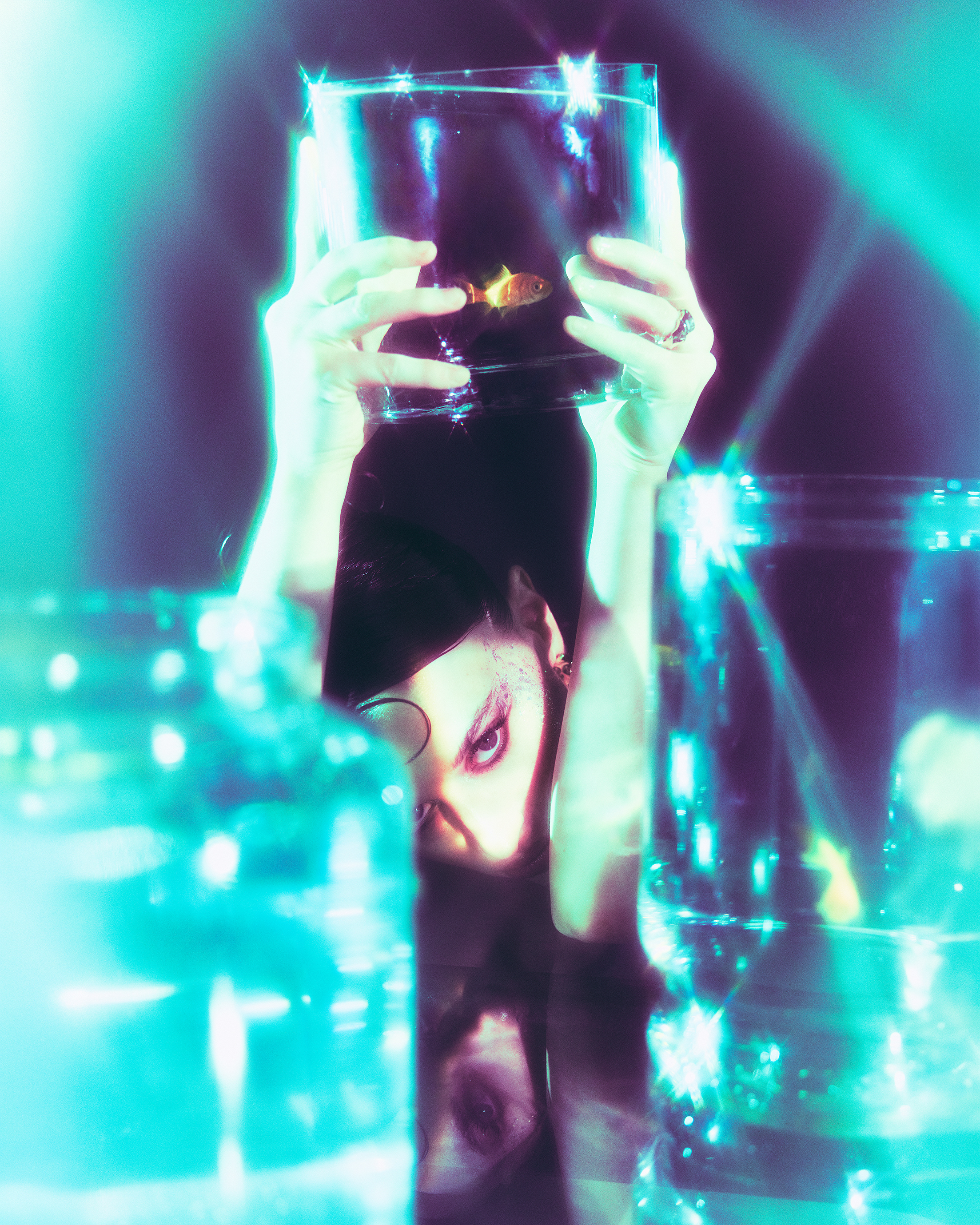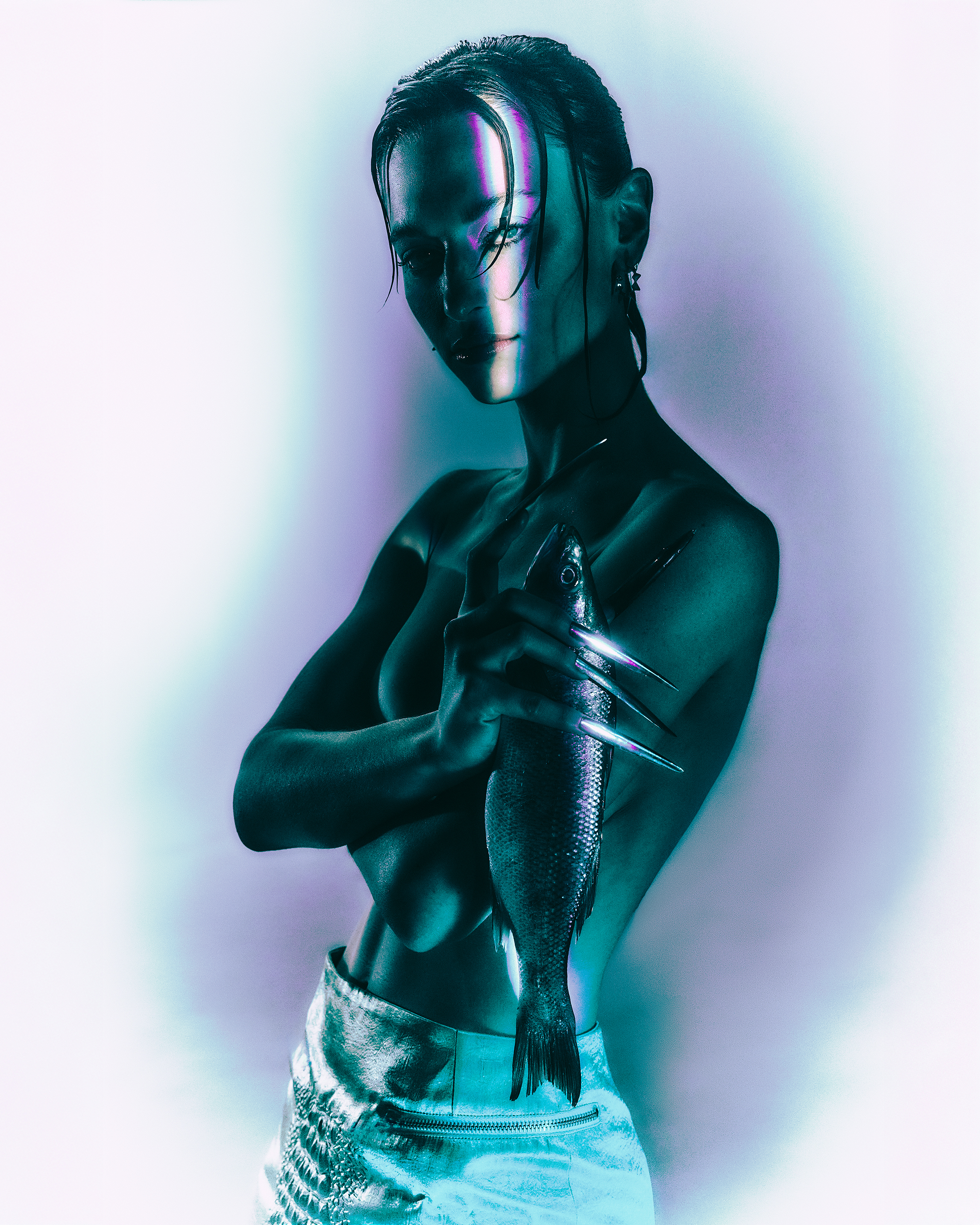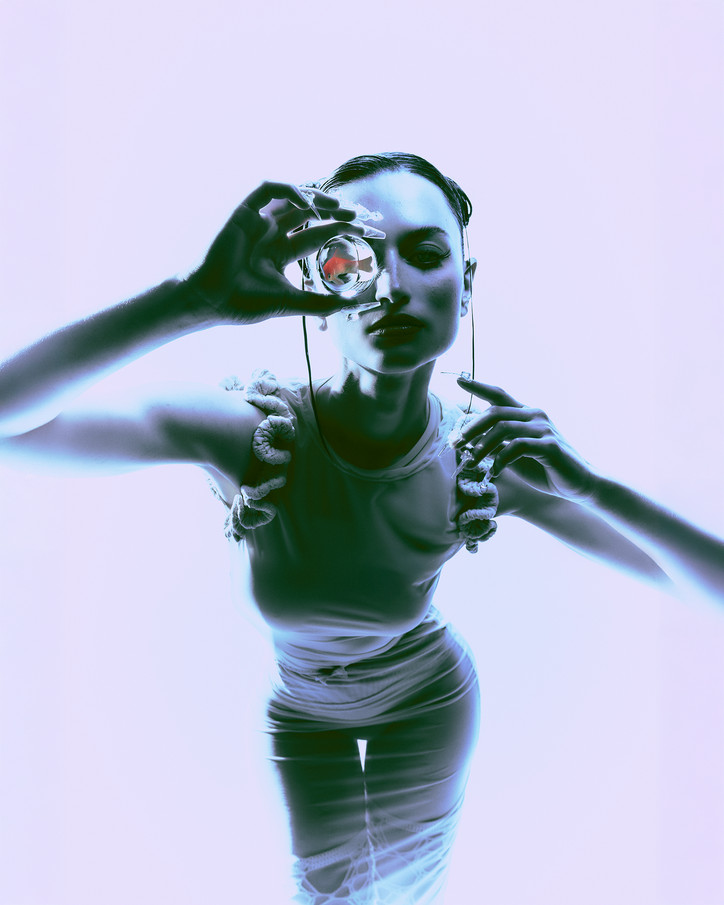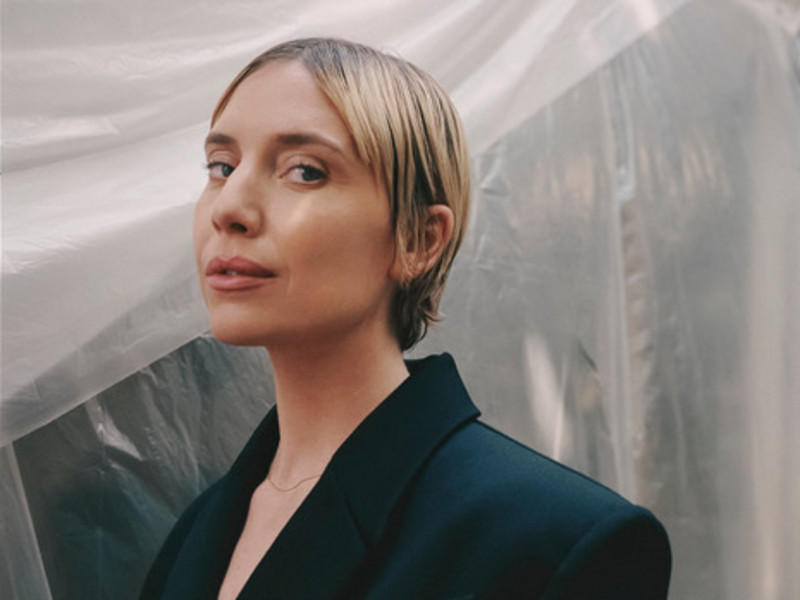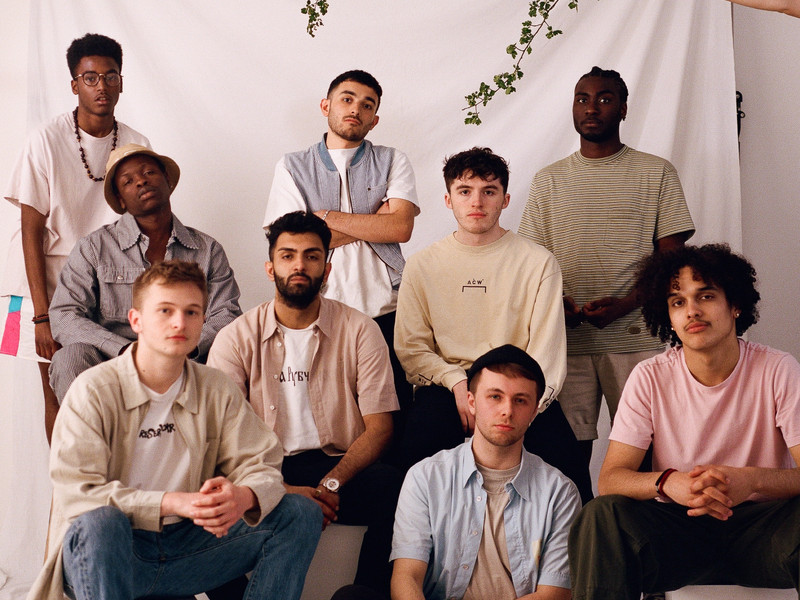Nuevo Rey, Nueva Ley
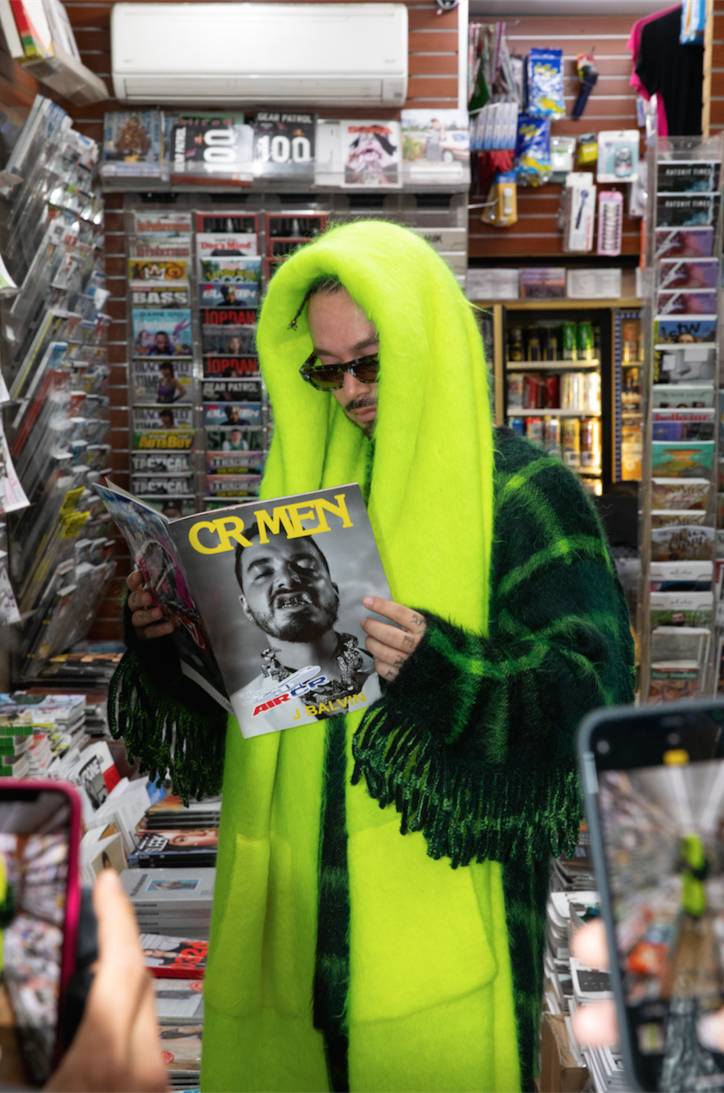
But even in a of sea Latin-infused hits, no one does it quite like J Balvin. As a pioneer of this pop Reggaetón takeover, the 36-year-old has become master, creating pop hits with authentic Latin roots that transcend language and break down every barrier.
Featured as the cover star of Issue 15, J Balvin speaks with office about his latest album, what it was like growing up in Colombia, and his experience being a part of the Reggaetón revival.
Continue reading below for an exclusive insight along with an editorial featured in Issue 15.
IVAN GUZMAN— What was the first thought that popped into your head this morning?
JOSÉ ALVARO OSORIO BALVIN— My first thought this morning was about my son Río. He's the first thing and last thing on my mind every day since his birth.
IG— You have a new album on the way that you’ve called deeply personal. How so?
JB— This is the first time I've talked about myself and my personal life in this much detail. From talking about my own struggles to find a foothold in music, to my relationship and my child. That's why I decided to name it José—because it is an album about me, José, more than it is about J Balvin.
IG— What made you decide to open up and be so vulnerable?
JB— At a certain point in any career you have to think about why you do what you do and who you do it for. I realized I do this for my fans and for Latin culture, but I can only do so much if I'm not sharing the entirety of my experiences. So I wanted people to see everything this time around— both the highs and the lows. I think understanding that both exist regardless of where you're at in your life or your career is important. We're all still humans.
IG— What made you decide to release The Boy From Medellin?
JB— It felt like a really natural extension of what I'm doing with José. It's me being totally honest and transparent with my fans about who I am. And I think what I like about it the most is what I was saying before: that people get to see the human side of me. Regardless of how successful J Balvin is, Jose is still a real human with hopes, dreams, fears and challenges. In that way I hope that people got to see that I still face many of the same struggles that they do and know that they're not alone.
IG— What was it like putting out something so personal into the world?
JB— It was nerve wracking to be totally honest. Any time you open yourself up to the world you don't know what you're going to get back. I'm so grateful that people enjoyed it and that the honesty of the film resonated with them.
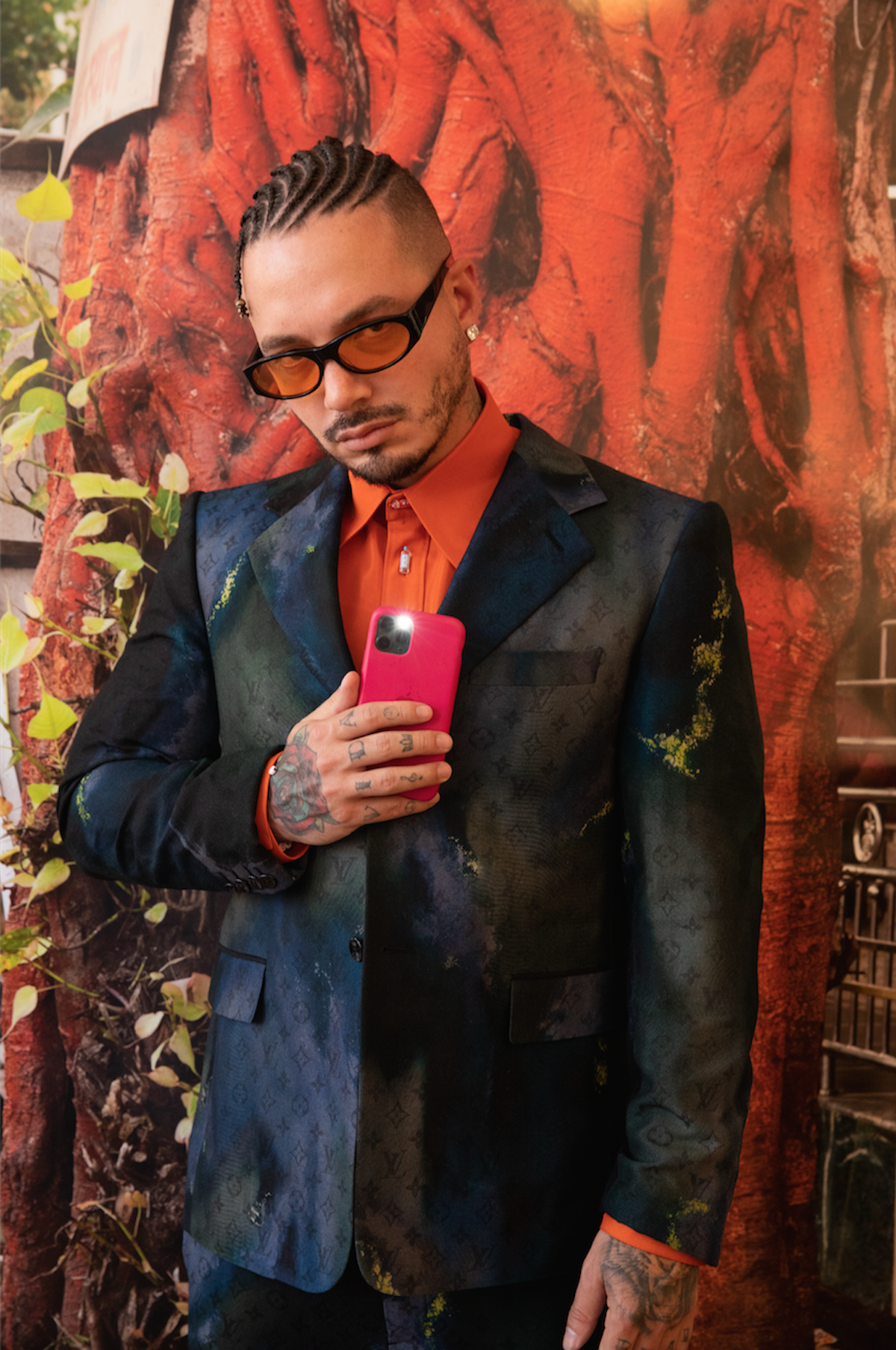
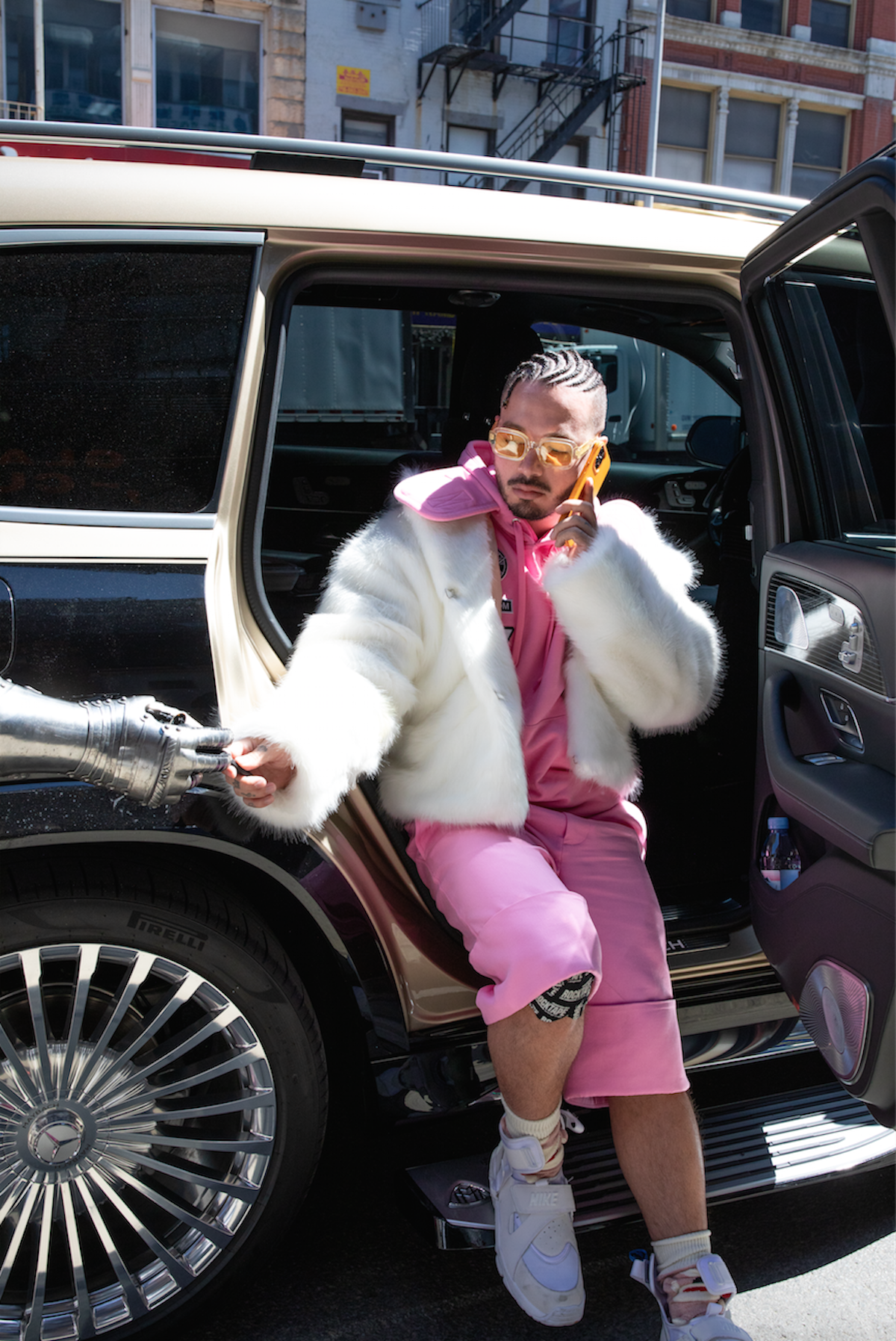
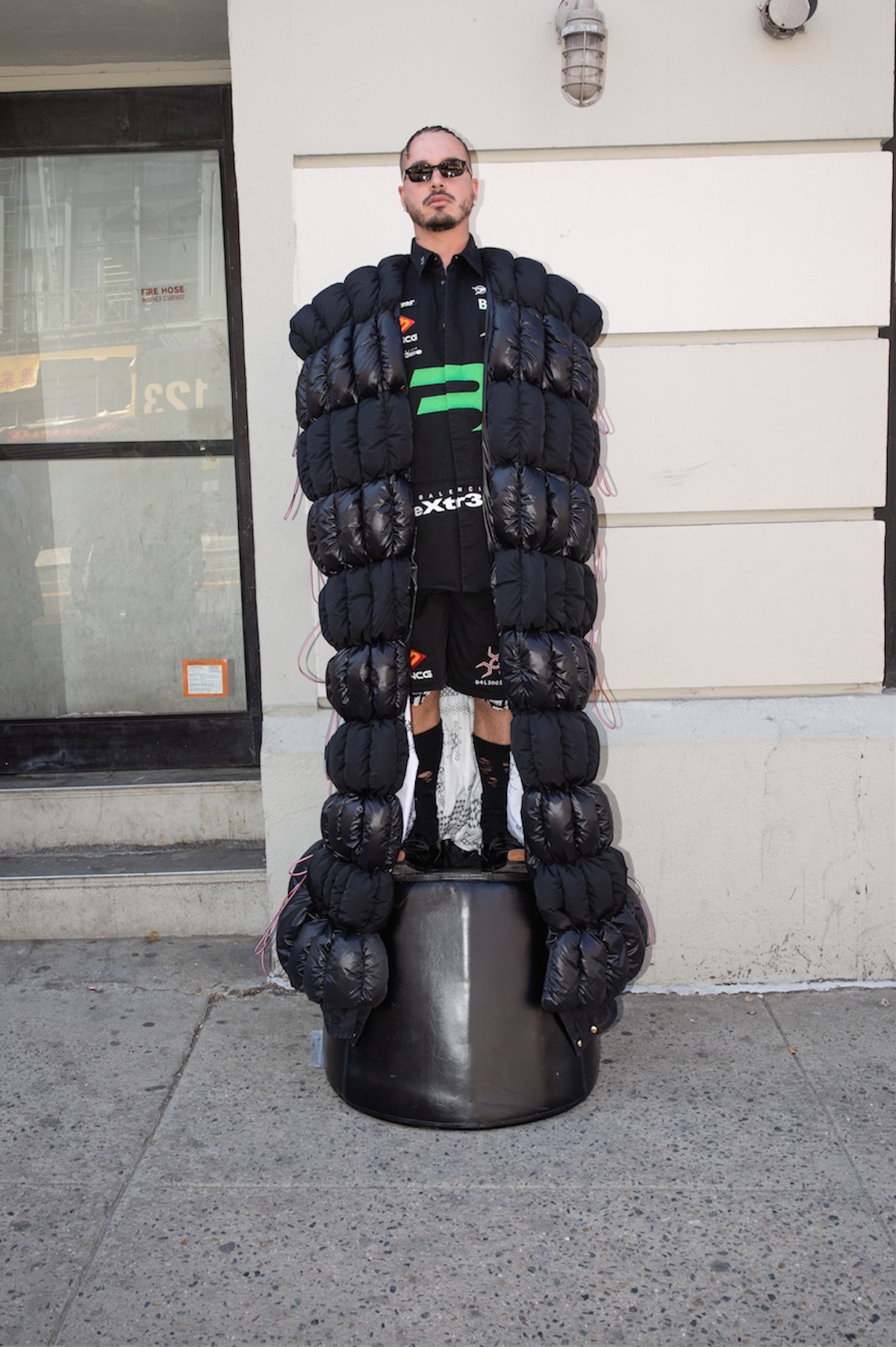
IG— You mention highs and lows and I know you’ve talked about your experience with depression and anxiety. How do you take care of your mental health? What tools or things have helped you?
JB— There are a lot of ways that I work to keep my mental health in tact. First is meditation—meditating completely changed my life. But the most important thing is to know yourself and do what keeps you balanced. For me that also means keeping my mind and body clean, so I can focus on my work and my new family. Mental health is like physical fitness: you can be in great shape, but if you don't keep doing the work you will slip. So, my focus is on putting in the effort to keep myself right every day.
IG— Does writing and making music help you process your emotions?
JB— Absolutely. It's a time to be honest with myself and it gives me another vehicle to articulate my feelings.
IG— Has the success you've had the last few years changed the way you approach music?
JB— Yes and no. Success has given me the freedom to experiment and try new things, but it's also made me realize how special the people and the way I've always worked is. I've really tried to focus on getting back to basics with the people I love working with, but giving everything we do a new edge to it.
IG— Are you a workaholic?
JB— Absolutely, but that's because I'm in love with my work. I'm constantly thinking of new ideas and trying to push myself to be the best and most creative version of myself. If that feeling went away, I'd be worried.
IG— Let’s take it back to your childhood. What was it like growing up in Colombia?
JB— Colombia is such a beautiful place. It's as colorful as the personalities of the people and the culture in Colombia that really raised me.
IG— What misconceptions do you think people have about the culture there?
JB— The biggest misconception is that Colombia is what people see when they watch Narcos. The country has a very complex history and that side of it can't be ignored, but it's also such a beautiful and wonderful place too. It's rich with culture and energy that is hard to match.
IG— How did growing up there influence your music?
JB— Growing up in Colombia influenced me because I wanted to prove that Colombians can do things that we hadn't done before I did them. I grew up influenced by rap from the US and Reggaeton, and at the time, there weren't any Colombian rappers or Reggaetoneros. I had to work hard to prove that us Colombians can do those things, too. Now there are artists like Karol G, Feid and more that are doing incredible things for Colombian culture.
IG— What other music did you listen to when you were young?
JB— I was listening to a lot of rock bands. I love Nirvana. I love Metallica too— I was so honored when they asked me to be part of paying tribute to The Black Album.
IG— I know you also like TuPac [Shakur] and Biggie [Smalls]. Aside from their actual music, what is it about them, and artists like Kurt Cobain, that have inspired you in your career?
JB— When I was younger, I resonated with their attitude and energy more than anything else. There was something so cool about the different styles of confidence and swag that each of them had. Same with Dipset—the look and attitude was just as important as the music they were making. That inspired me to own whatever I was doing and just deliver it with confidence, whether it was playing shows to hardly any fans early on in my career or playing to stadiums like I do now.
IG— Who are some artists that you're inspired by right now?
JB— My brother Skrillex is always inspiring. We've been friends for a while now, so it was fun to collaborate with him and to see him working with others. I'm also really excited seeing people that I've worked with for years having their own moments: Sech and Jhay Cortez are definitely on that list. María Becerra is super inspiring too.
IG— Speaking of stadiums, why do you think Latin music has finally broken into the mainstream? Or do you think it still hasn't gotten the respect and attention it deserves?
JB— I think there are a few reasons: obviously, Latin culture has grown globally, especially the amount of people speaking Spanish in places like the United States. I also think that I played an important role in helping push Latin culture forward. There were many times that I was asked to take part in a song and keeping my contributions in Spanish was always incredibly important to me to show that you don't have to sing in English to reach an English-speaking audience. When Beyoncé remixed "Mi Gente" and made some of her contributions in Spanish, that felt like a huge moment for Spanish culture.
IG— As other Latin music artists continue to achieve success, I’m curious what you think about the state of Latin music in 2021— do you think this ‘Latin music renaissance’ is going to continue?
JB— This is the most exciting time that has ever existed for Latin music, period. I spent the first half of my career trying to establish an audience for Latin music among people that don't speak Spanish, and the way that has grown in the last few years has been amazing and it’s opened the doors for so many Latin artists to be heard by a wider audience than ever before. Now that we've really established that audience, there’s room to innovate and explore new sounds— something I always try to do through my own work and am proud to see other Latin artists exploring, too.
IG— You mentioned the fact that you only sing in Spanish because you wanted to show that you don’t have to sing in English to reach an English-speaking audience. Is that the only reason? Is it a comfort thing? Or a political thing?
JB— It’s a cultural thing. I speak English fluently, but performing in Spanish is very important to me. I want to continue to push Latin culture forward the same way that I have through my entire career, and I think part of the widespread success of Spanish-language music now comes from me not willing to compromise and perform in English all the times I was asked earlier in my career. People used to tell me that not performing in English would hold me back, but now if you look at the charts, many of the biggest artists in the world are performing exclusively in Spanish. I don't know if that would be the case if I had taken that advice.
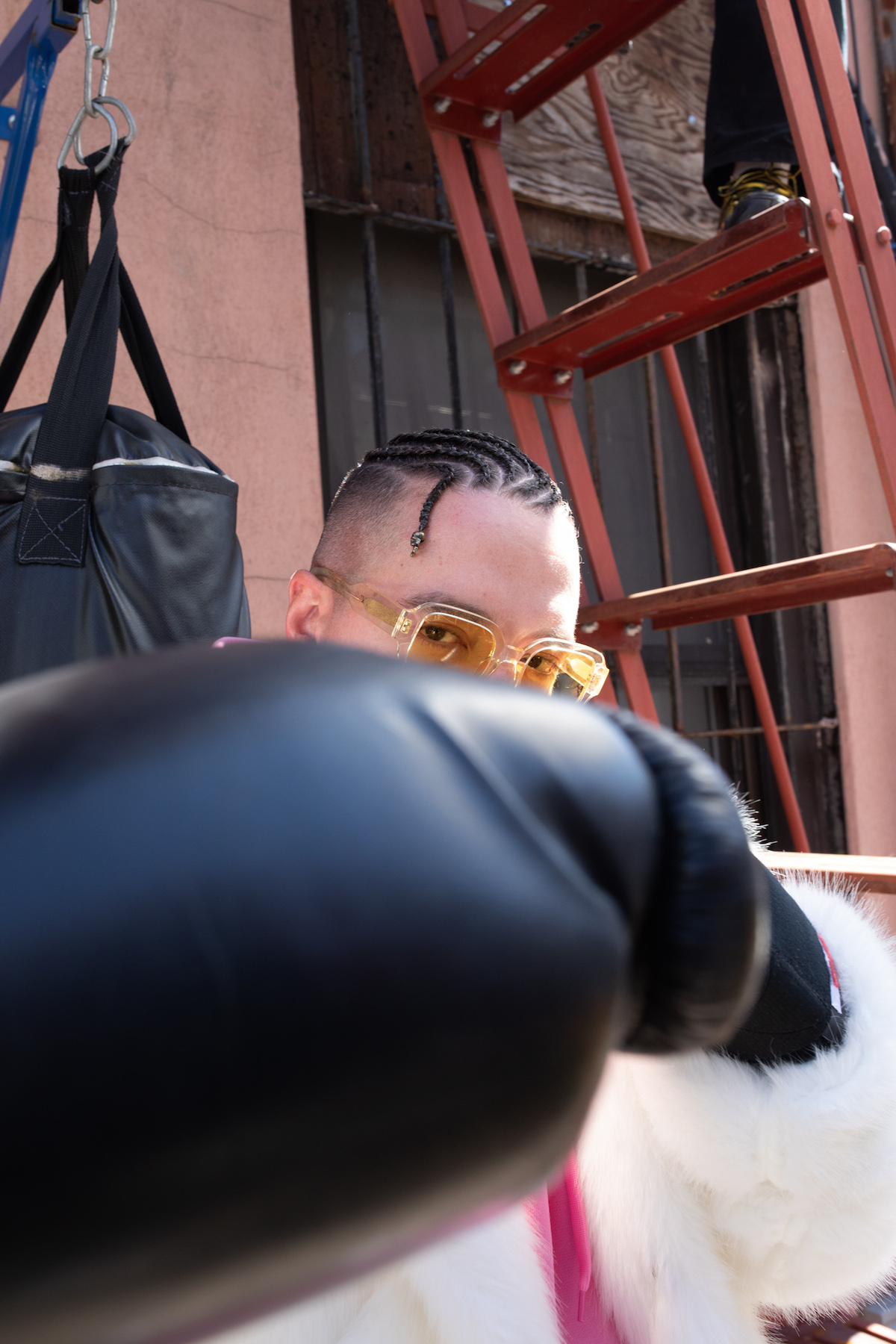
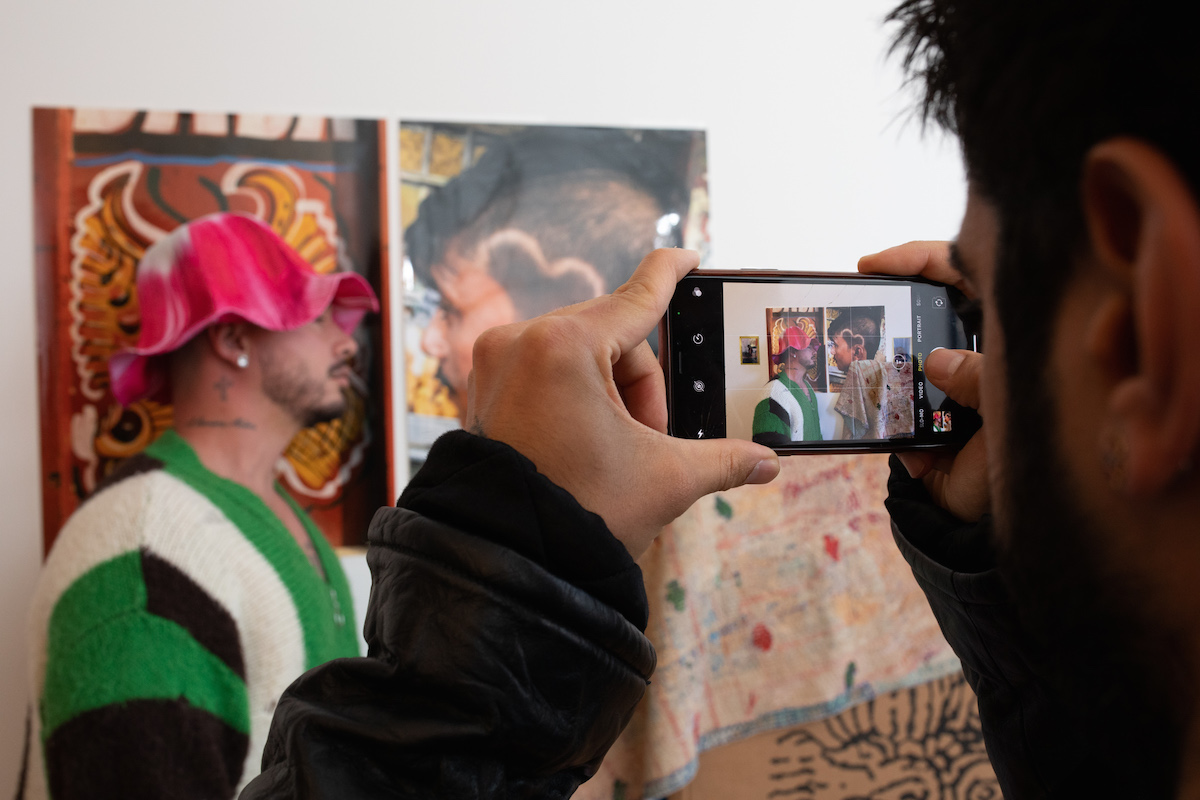
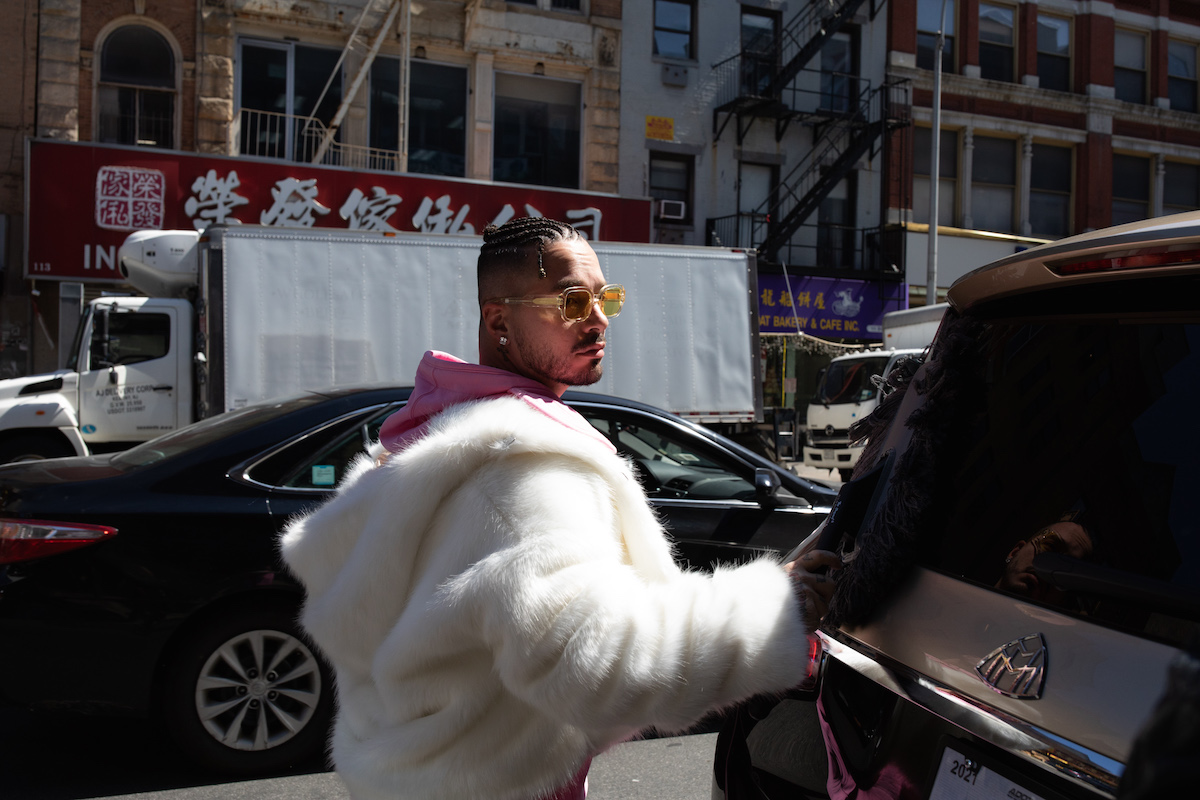
IG— You’re credited with the current Reggaetón revival. Can you talk about why it's been so important for you to work in the genre?
JB— Reggaetón is such a beautiful thing. There's just something special about the way it makes people move and brings them to life. The OGs definitely inspired me—Daddy Yankee, Nicky Jam. Like we spoke about before, I think what's so exciting about the genre now is trying to find ways to pay homage to it while still pushing it in new, exciting directions. I think there's still a lot of work that we can do to bring Reggaeton to the mainstream.
IG— Have you been surprised by your success?
JB— I feel endlessly grateful for my fans and the success that has come from the fact that my art speaks to them, but am I surprised? Not necessarily. I had a dream a long time ago to be an artist and faced many setbacks and failures. But I kept working without ever giving up. I really believe anyone with that mindset can achieve their goals. And if you put in that kind of effort, you shouldn't be surprised when it works.
IG— What about fashion: how do you approach style?
JB— I love fashion. Personal style is so important—a way to express yourself without words. Anyone that has paid attention knows that I like my style to always be evolving and represent how I'm feeling each day. I had fun with this shoot because we really pushed limits and found some incredible looks that I think are going to surprise people.
IG— Who do you look up to?
JB— I look up to a lot of people. There are so many that I respect and that were role models to me, especially as I came up in music, but Jay-Z and Pharrell are definitely two of the most important. The way they've never stopped pushing forward and being creative as well as the way in which they've turned their successful careers into empires is inspiring.
IG— What’s next for you?
JB— I’m looking forward to enjoying being a father and continuing to push myself to be the best artist I can possibly be.
